A new oral vaccine for cholera has received prequalification by the World Health Organization.
Cholera killed at least 100 Kenyans last year.
The licensing is important for Kenya, which is facing the risk of an outbreak due to torrential rains.
All the global vaccine stockpiles are nearly depleted.
It is not known when Kenya will receive the vaccine but Unicef said as soon as possible manufacturing will be 24/7 at different centres.
The WHO said the new inactivated oral vaccine, Euvichol-S, has a simplified formulation, allowing opportunities to rapidly increase production capacity.
“The new vaccine is the third product of the same family of vaccines we have for cholera in our WHO prequalification list,” Dr Rogerio Gaspar of WHO said. He is director of the WHO Department for Regulation and Prequalification.
“The new prequalification is hoped to enable a rapid increase in production and supply, which many communities battling with cholera outbreaks urgently need,” he said.
Kenya conducted a cholera vaccination campaign last year, after a 2022 outbreak spread through 2023, sickening about 11,000 people and killing 199, according to the Ministry of Health.
WHO’s prequalification list already includes Euvichol and Euvichol-Plus inactivated oral cholera vaccines produced by EuBiologicals Co Ltd, Republic of South Korea, which also produces the new vaccine Euvichol-S.
Vaccines provide the fastest intervention to prevent, limit and control cholera outbreaks but supplies have been at the lowest point as countries face dire shortcomings in other areas of cholera prevention and management, such as safe water, hygiene and sanitation.
WHO said there were 473,000 cholera cases reported to WHO in 2022 – double the number from 2021. A further increase of cases by 700,000 was estimated for 2023. Currently, 23 countries are reporting cholera outbreaks with most severe impacts seen in the Comoros, Democratic Republic of the Congo, Ethiopia, Mozambique, Somalia, Zambia and Zimbabwe.
Vaccine suppliers and financiers also welcomed the new vaccine.
Gavi, the Vaccine Alliance, and Unicef, said the formulation of the new product will help the manufacturer produce a greater volume of vaccine, faster, and at a lower cost – key to expanding supply amidst the ongoing acute global upsurge of cholera outbreaks.
Gavi said the approval will help increase the overall supply of oral cholera vaccines (OCV) available in 2024, with approximately 50 million doses now forecast to be available to the global stockpile this year, compared to 38 million in 2023.
Cholera has been surging globally since 2021, with high case fatality rates despite the availability of simple, effective and affordable treatment. The large number of outbreaks has led to unprecedented demand for vaccines from impacted countries.
While global OCV supply has increased 18-fold between 2013 and 2023, the large and sustained spike in demand has put a strain on the global stockpile of OCV. Partners and countries are working urgently on cholera response, prevention and control measures in the face of this crisis, and have called on countries, manufacturers and others for support. Most recently, Gavi, Unicef and partners announced the largest ever global deployment of cholera diagnostics to support surveillance and response.
“The approval of this new product could not have come at a more important time, given the acute upsurge of cholera outbreaks we are seeing worldwide," said Dr Derrick Sim, managing director of vaccine markets and health security at Gavi.
“We commend EuBiologics for their role in ensuring countries around the world have access to cholera vaccine as part of their response toolkit.”
EuBiologics is currently the only supplier of OCV to the global stockpile, although other manufacturers are expected to have products available in coming years.
“Despite cholera being preventable and easily treatable, children continue to suffer from this potentially fatal disease. Unicef has already secured access to all the available doses of the just-approved vaccine and will deliver these to the countries at the highest possible speed,” Leila Pakkala, director of Unicef supply division, said.





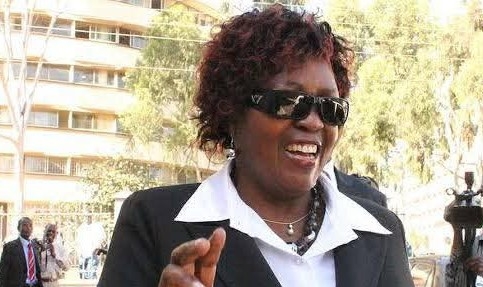

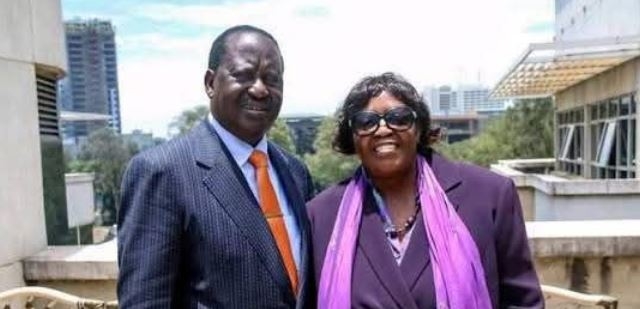
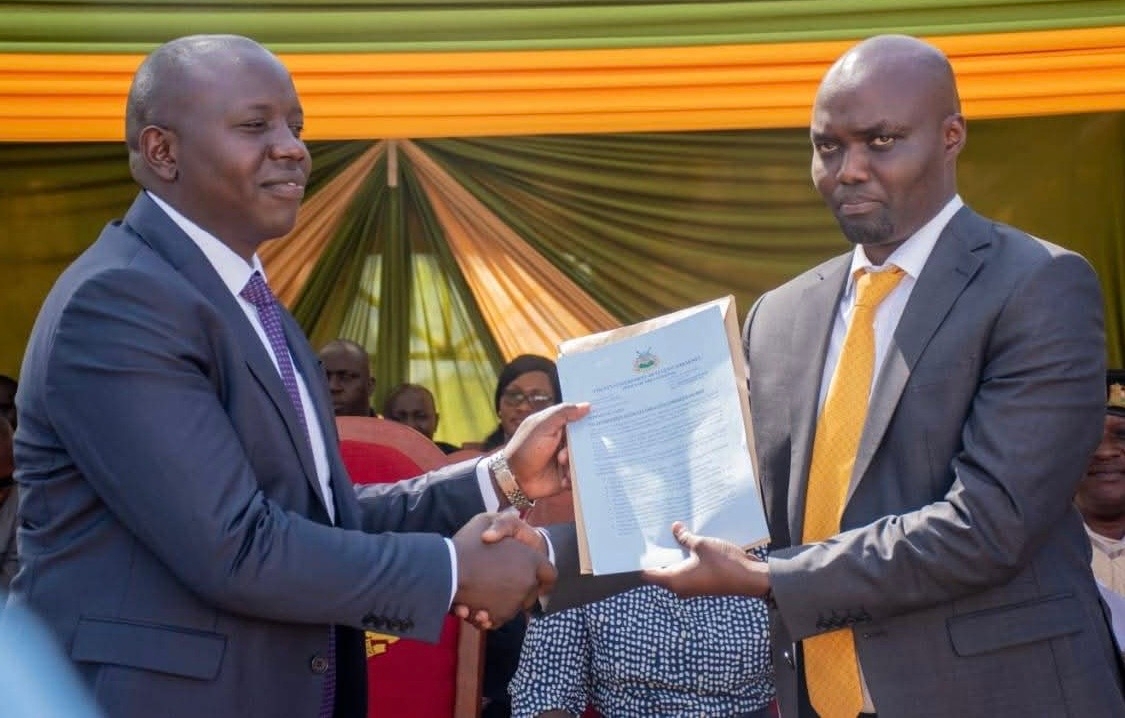


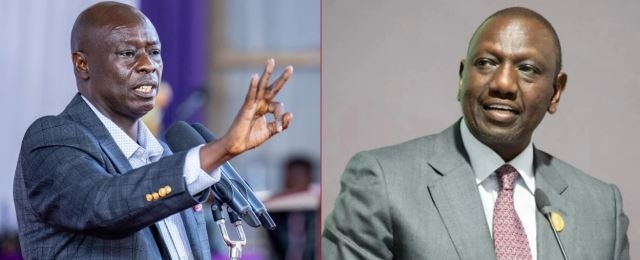
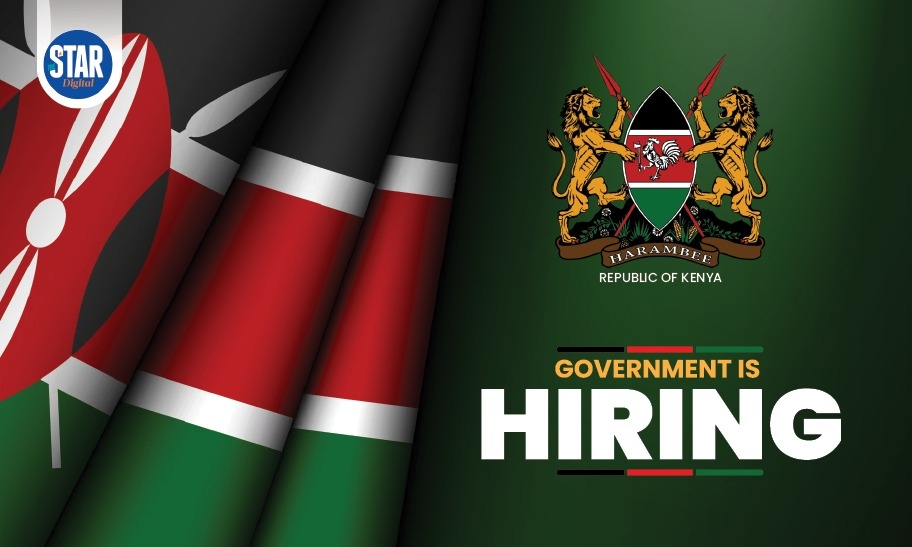


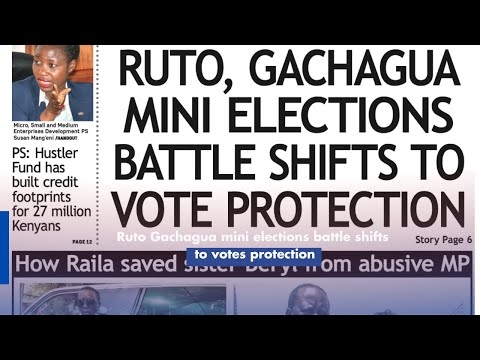
![[PHOTOS] Family, friends receive body of Raila’s sister, Beryl](/_next/image?url=https%3A%2F%2Fcdn.radioafrica.digital%2Fimage%2F2025%2F11%2Fdfe6a9bf-ede1-47a4-bdc0-4f564edb03dd.jpeg&w=3840&q=100)
